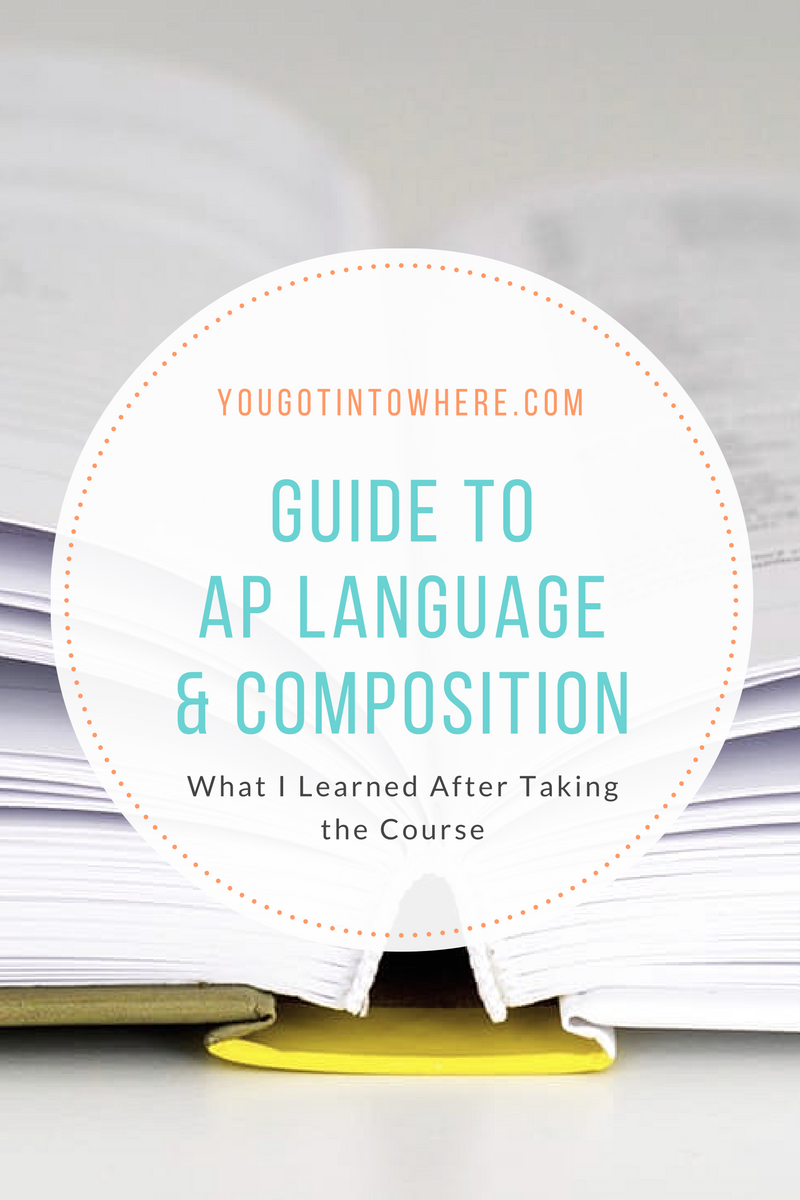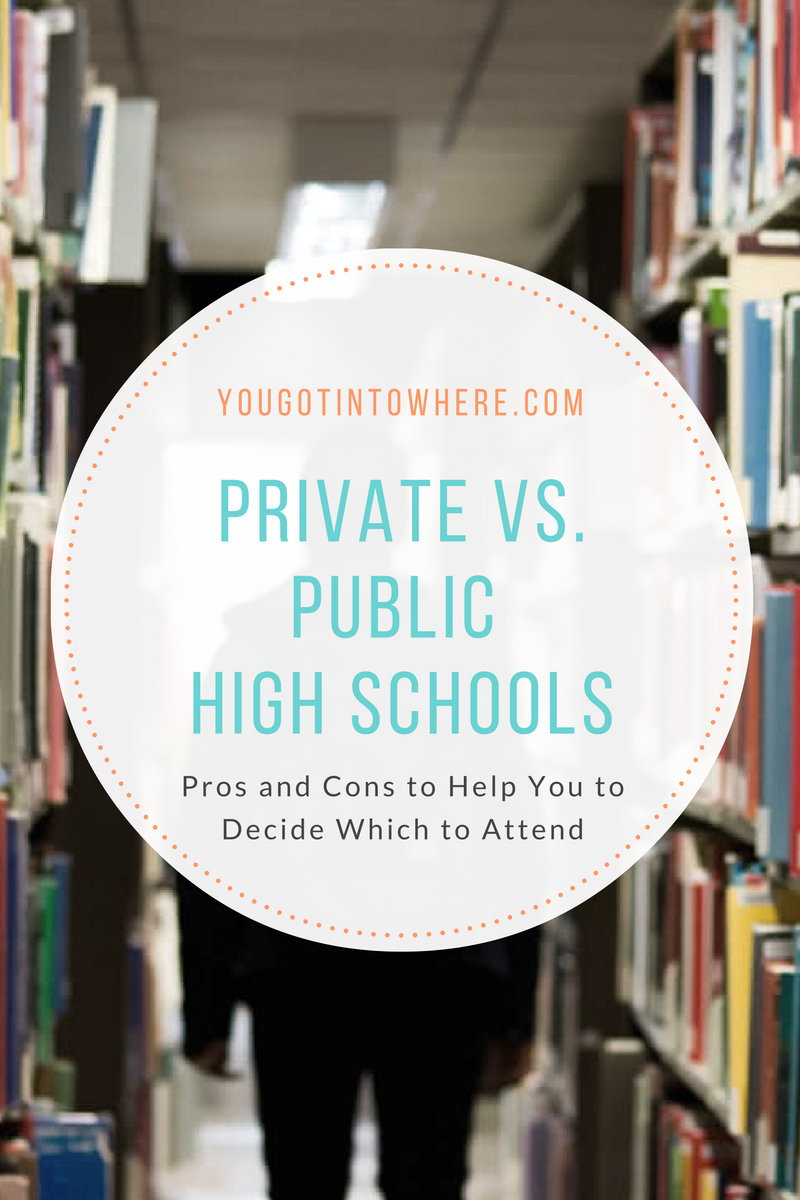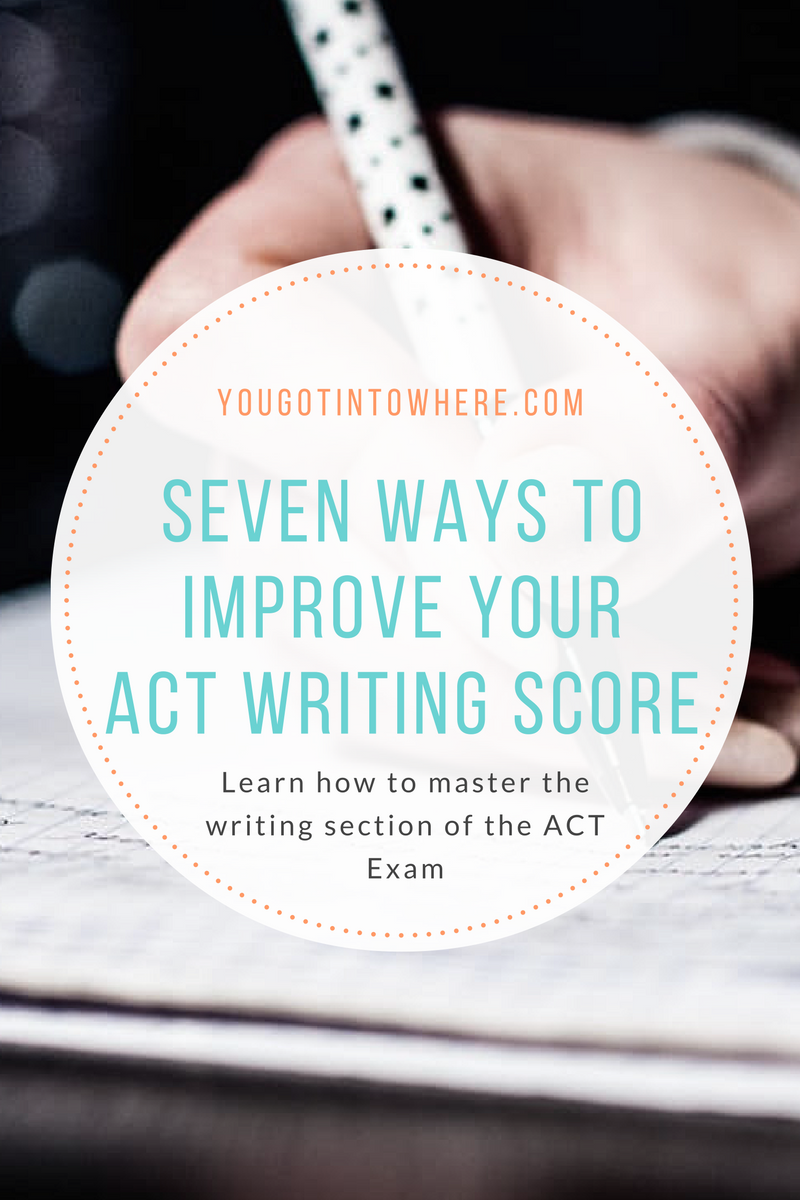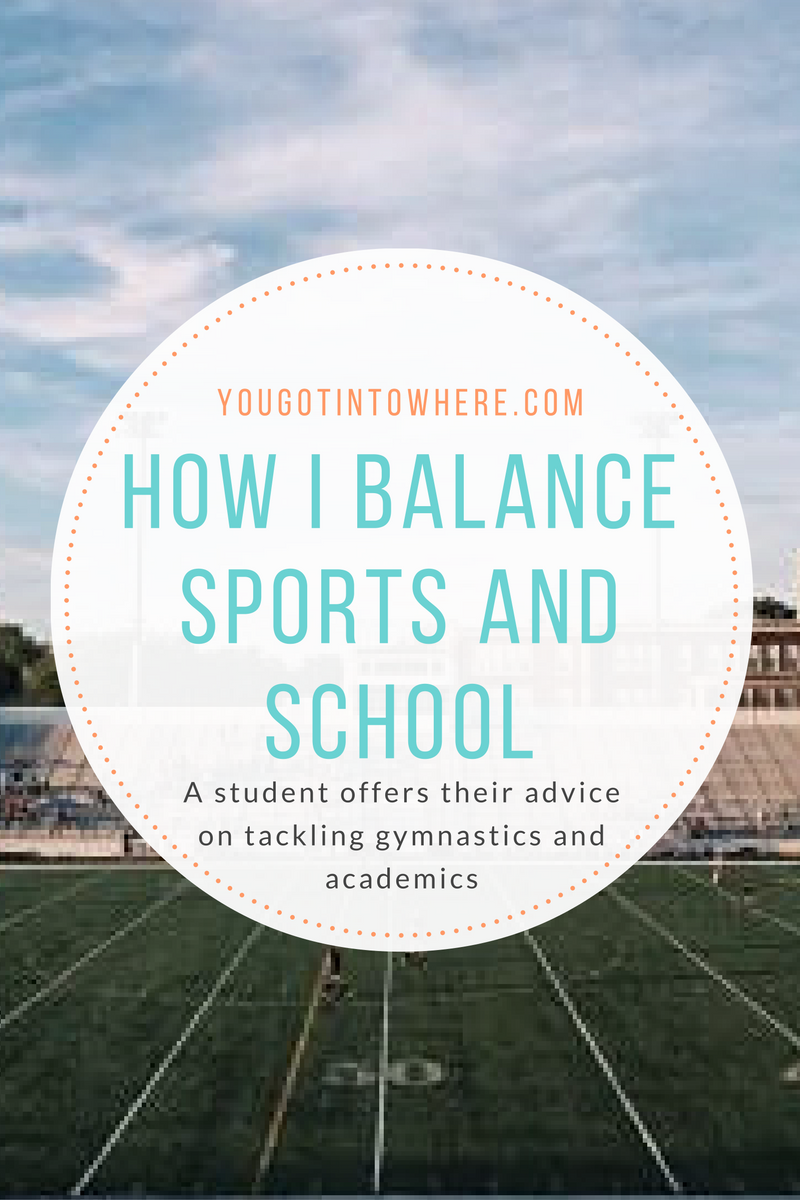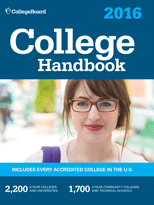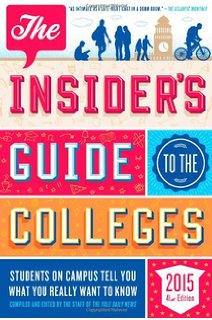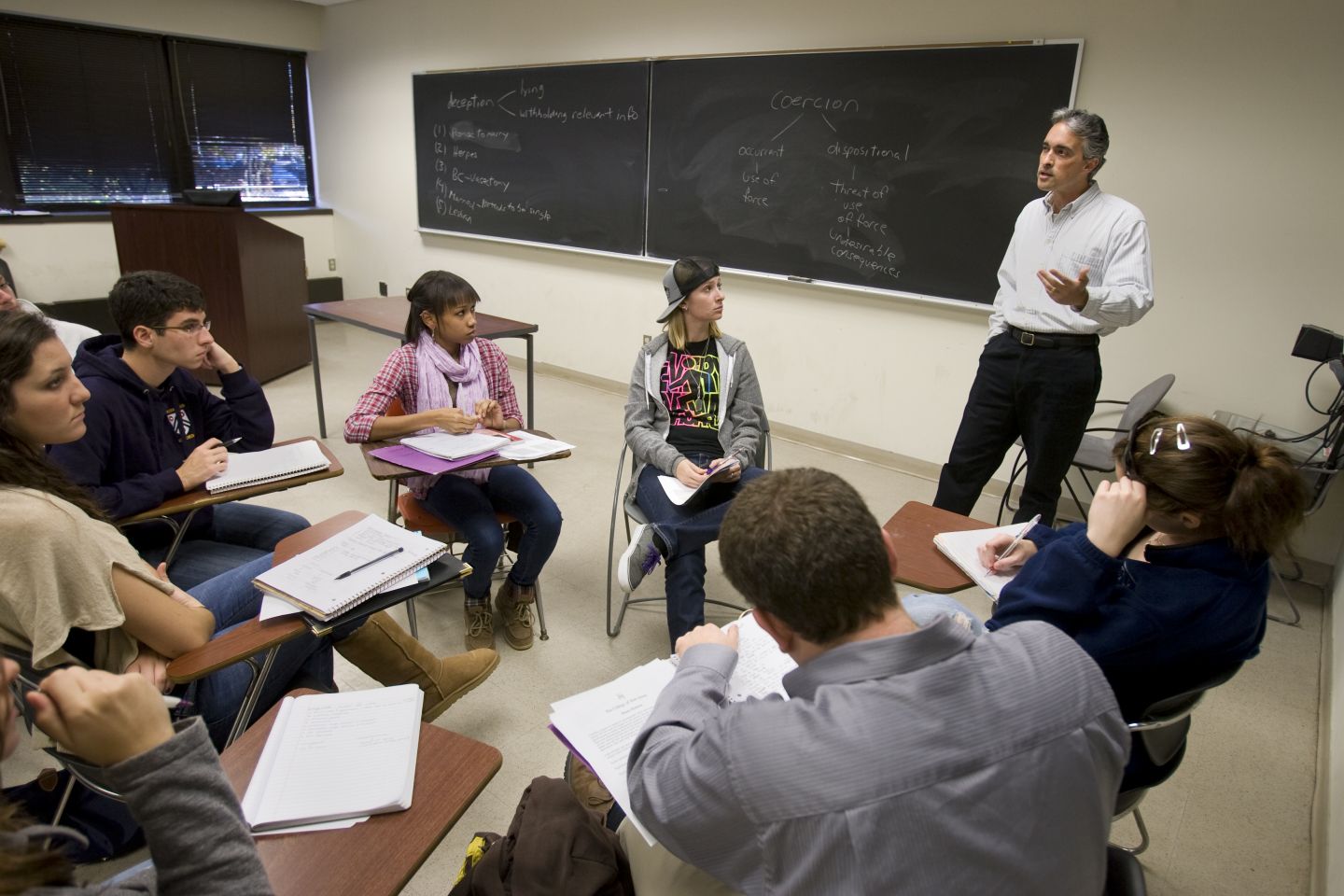Growing up, my favorite activities were simple: dessert eating, computer game playing, and Disney World exploring. While meeting characters like Mickey and Minnie or gazing at firework shows that lit up the sky like the Las Vegas strip are just two of the multitude of things Disney is known for, my favorite parts were the rides (the bigger the better). I always closed my eyes on rollercoaster's, not because of fear, but because of the surprise element. Any second I could dip down to what appeared like hundreds of feet based off of my poor six-year-old judgment, and turn in four different directions in a matter of seconds. When the ride was over, I would beg my dad, my ride buddy, to wait in the block long line again with me. Ah, the memories.
As I go through college admissions now, I realize life is a lot like roller coasters, only now I like to keep my eyes open. If the "good" parts of my life are the straight, smooth parts of the ride, then we I want to know exactly where the jerks and sharp turns are, so we can plan and adjust our lives accordingly. Unfortunately, no matter how many pairs of glasses we wear in hopes of identifying the twists and turns of life, we soon realize that even one pair is useless. Even after we get desperate and attempt to cup our hands in hope that The Force can help control our futures, we still find these outcomes surprising.
Not being able to identify these setbacks (or more, figure out how to solve them quickly), is where we begin to develop stress. We may dedicate tons of time and effort into our studies, sports, and instruments, and not be satisfied as to how our hard work is displayed to others if that's in a GPA, awards, or rankings.
I experienced struggles through both my academics and extracurricular activities the past school year. I found myself putting in quality work into my math classes (I took both Honors Geometry and Honors Algebra 2), my soccer, and my violin, only to get average results. There were multiple nights where I looked like Tom (pictured below), sitting on the floor of my bedroom at eleven o'clock at night, frustrated by the plethora of tests I had the next day and the little my Red Bull's were going to do to help me do well on them.
I always took the l(oss) after these nights.
There's a rainbow with every storm, however, and I found myself throughout the trimester using fewer and fewer tissues. Not necessarily because it got better, but because I learned how to cope, move on, and hope my next opportunity ends up better.
Even after hours of doing precalc problems and weekends filled with baseball games, we have little control as to how our hard work gets displayed, or if it pays off. However, we do have control as to how we react, learn, and reflect from the hardships that come with the rollercoaster of life. Use the following four tips will be able to help you stay sane and move on (sooner or later) to your next project of greatness.
Read:
Twenty minutes of relaxed reading in bed with freshly moisturized skin after a hot shower will not only relieve your stress but make your studying more focused as it clears your mind. Your worries become less about your precalc homework and more about if Gryffindor will win the quidditch match, if Thomas is going to survive the maze, if your dream couple is going to advance to the next base. But besides the distraction factor, there are also many health benefits to reading, one being boosting your brain power. There are wins all around from reading, my friends.
If reading isn’t your thing (yet), I recommend checking out Barnes and Noble’s or New York Times’ Bestseller Book Lists. Not only are they lists updated weekly at the minimum, they also provide summaries of all the books, keeping your search quick and convenient. Most of my reads come from one of these two lists, and the reviews from all my books read recently have been 13/10 would recommend.
Don’t Hype It Up in Your Mind
Going into AP exam season or your school musical’s opening week babbling with your peers about how stressful your week is isn’t going to bring Fairy God Mother's at you shoulder to get you through it. Oftentimes, we will spend more time complaining about the little time we have than trying to make the little time we have count, creating more problems for ourselves. In this time, you could be making flashcards for your US History exam, or write in fingerings for flute solo, anything that will lead to progress.
Sometimes, talking about stress, or believing you are stressed when your not, makes your physical stress symptoms even worse than they actually are. This sort of idea is discussed by Kelly McGonigal in her TedTalk “How to make stress your friend”, which is one of the favorites of the dozens I’ve watched. You can check the talk out here: https://www.ted.com/talks/kelly_mcgonigal_how_to_make_stress_your_friend?language=e
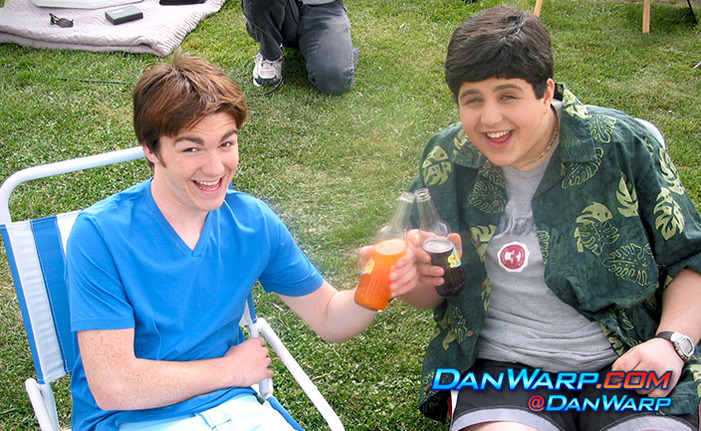
Watch an episode of Drake and Josh (or other childhood shows)
The sight of youthfulness develops a grin on one’s face that’s brighter than the southern Florida sun.
Even if you claim to hate kids, you have to admit that listening to a four and five-year-old attempt to explain something to you, like their family life or a list of their favorite things is cute and captivating. They think they know so much, but in reality, know so little.
What makes watching childhood TV shows a great mechanism in battling is stress has a lot of benefits. There will be laughs, giggles, or small grins guaranteed, as you will begin to realize the numerous amounts of jokes that are AUO (“adult” understandable only) in addition to the exaggeration and ridiculousness of some of the plots. But because you’ve already seen most, if not all of the episodes at one point or another, you won’t binge watch an entire season of it the night before a big exam like some do with Grey’s Anatomy.
If TV watching wasn’t a big portion of your childhood, my show recommendations to start with would include Drake and Josh, iCarly, Suite Life of Zack and Cody, Spongebob Squarepants, and That’s So Raven. With one to two episodes a night, you should be able to get through a semester or two without a problem.

Volunteer
Recently, I started volunteering at a food pantry about three miles from my house. The pantry was set up like a little store, with shelves organized by their food types. My job was essentially grocery shopping for someone else. I took the clients through the pantry with a pre-approved list of items that they could get based off of their income and family size. “A simple and easy task to understand” a twelve-year long volunteer had told me. And simple it was.
Despite the simplicity of the task at hand, I soon enough found myself scheduling around the food bank’s schedule to go back again. Knowing that I helped a teenager concentrate on her homework instead of hunger, a little girl play more than complain, a mom work instead of search for food, left me feeling extremely fulfilled with a beaming smile to match.
A common reaction to heavy stress and frustration is crying. We cry, and cry, and cry when things that really mattered to us didn’t go our way. Volunteering changed that for me. Even after a tough day or week at school, helping at the food bank clouded those thoughts out of my mind. I found myself happy with myself despite all the mess-ups in my test scores or my performance in soccer, I did something correct.
So rather than finding a random one time opportunity that will give you community service to fulfill your National Honors Society requirement, go somewhere where the people really need it. Where families would starve without you, where elementary school students wouldn’t be able to do their homework without you, anything that makes you feel fulfilled when it’s over. Feeling that you did something great after multiple failures is the push you need to get through the stressful times sane.
The best rollercoaster’s in the world are the ones with dips, twists, and turns; some gradual, some fast, some sharp and unexpected. While some may still be on the uphill through college, others of us are in the busy section of the ride early on, with a sharp turn or big drop discouraging us from our goals and eating away our motivation.
But even if one mess up feels like the end of the world now, remember that you were born with so much strength and ability and that ability doesn’t have to be reflected in a piece of paper or a number. You are capable of so, so much. Keep grinding at what you do, but once a big test week is over or softball tryouts are finished, do something that brings you genuine joy, laughter, and happiness. You’ll get through it, and in the end, end up somewhere fantastic. I double pinky promise with a cherry on top.
WANT TO LEARN MORE ABOUT COLLEGE ADMISSIONS? CHECK OUT THE YGITW BOOK HERE!
LOOKING FOR A HIGH SCHOOL OR COLLEGE INTERNSHIP? APPLY HERE!
PHOTO CREDITS:
https://joycekayhamilton.com
http://windwoodfarm.org
http://az616578.vo.msecnd.net








